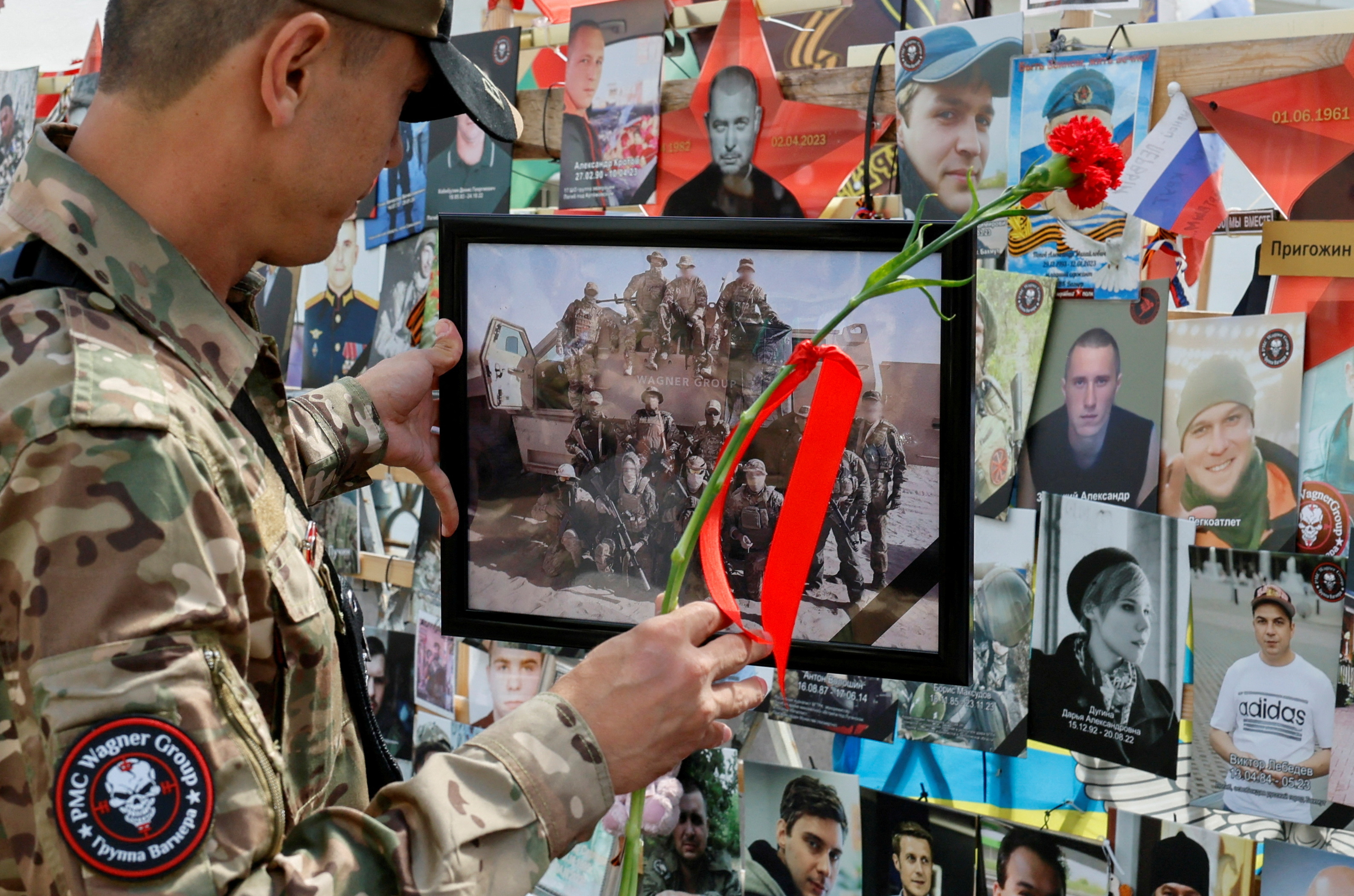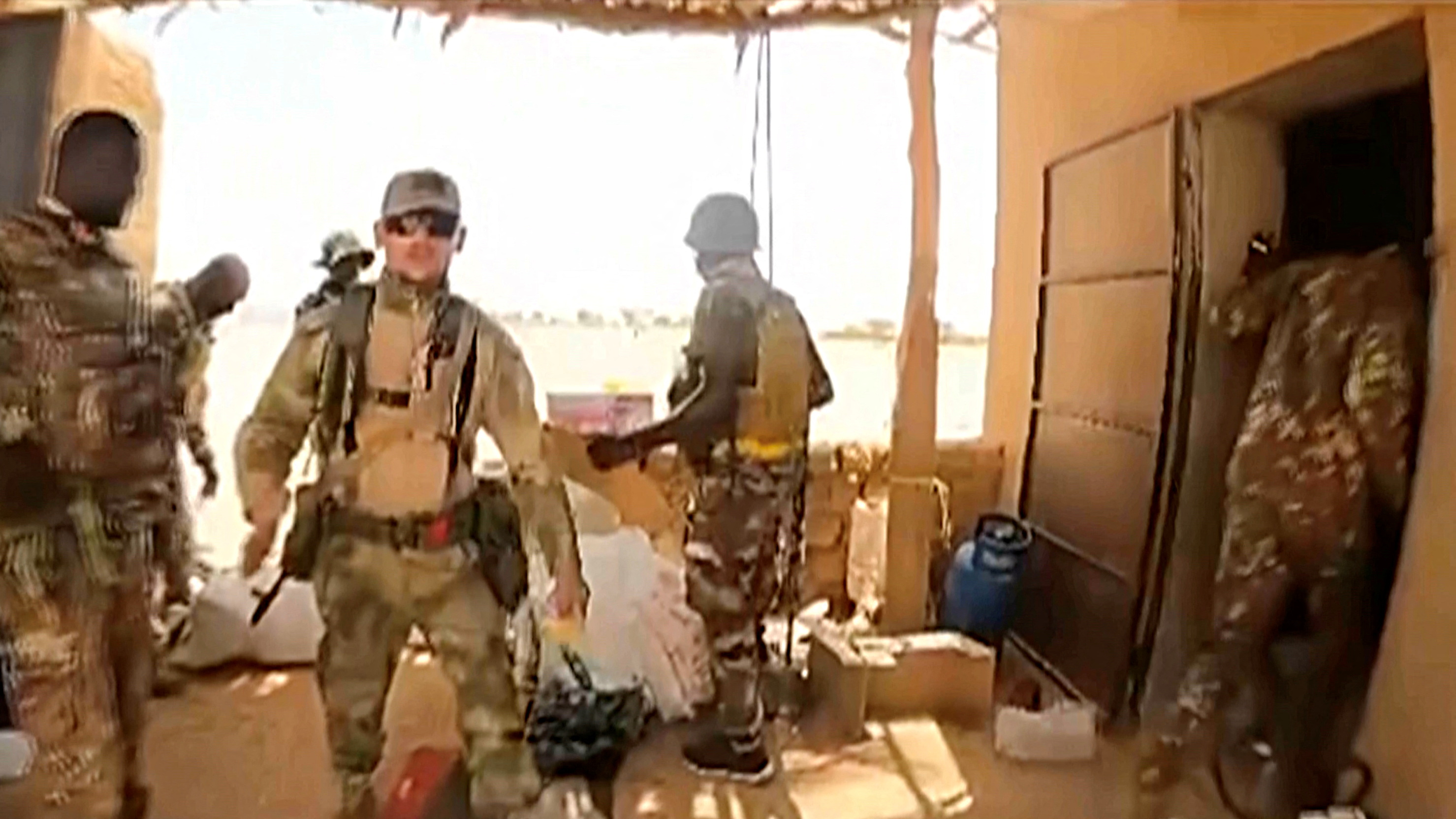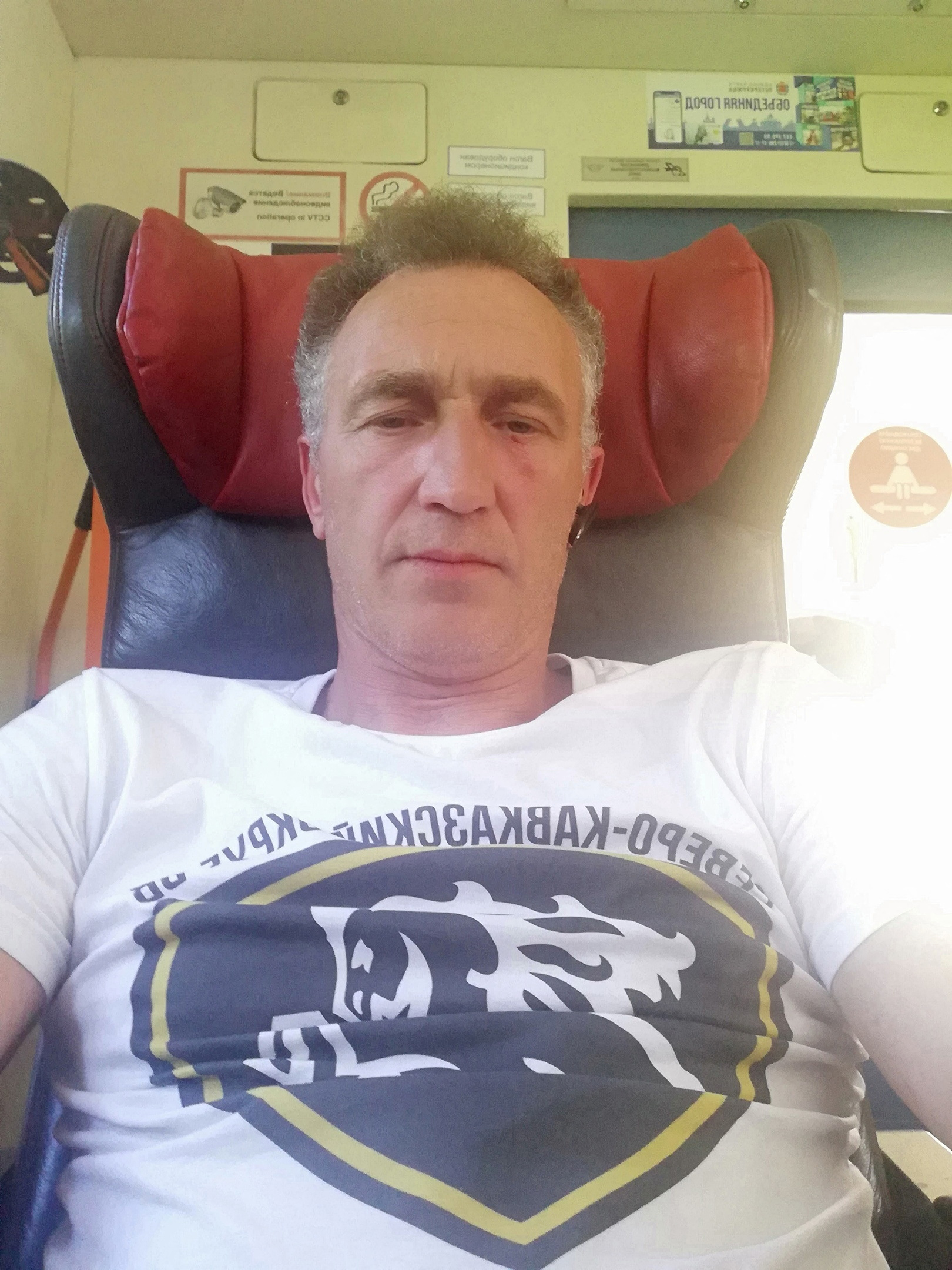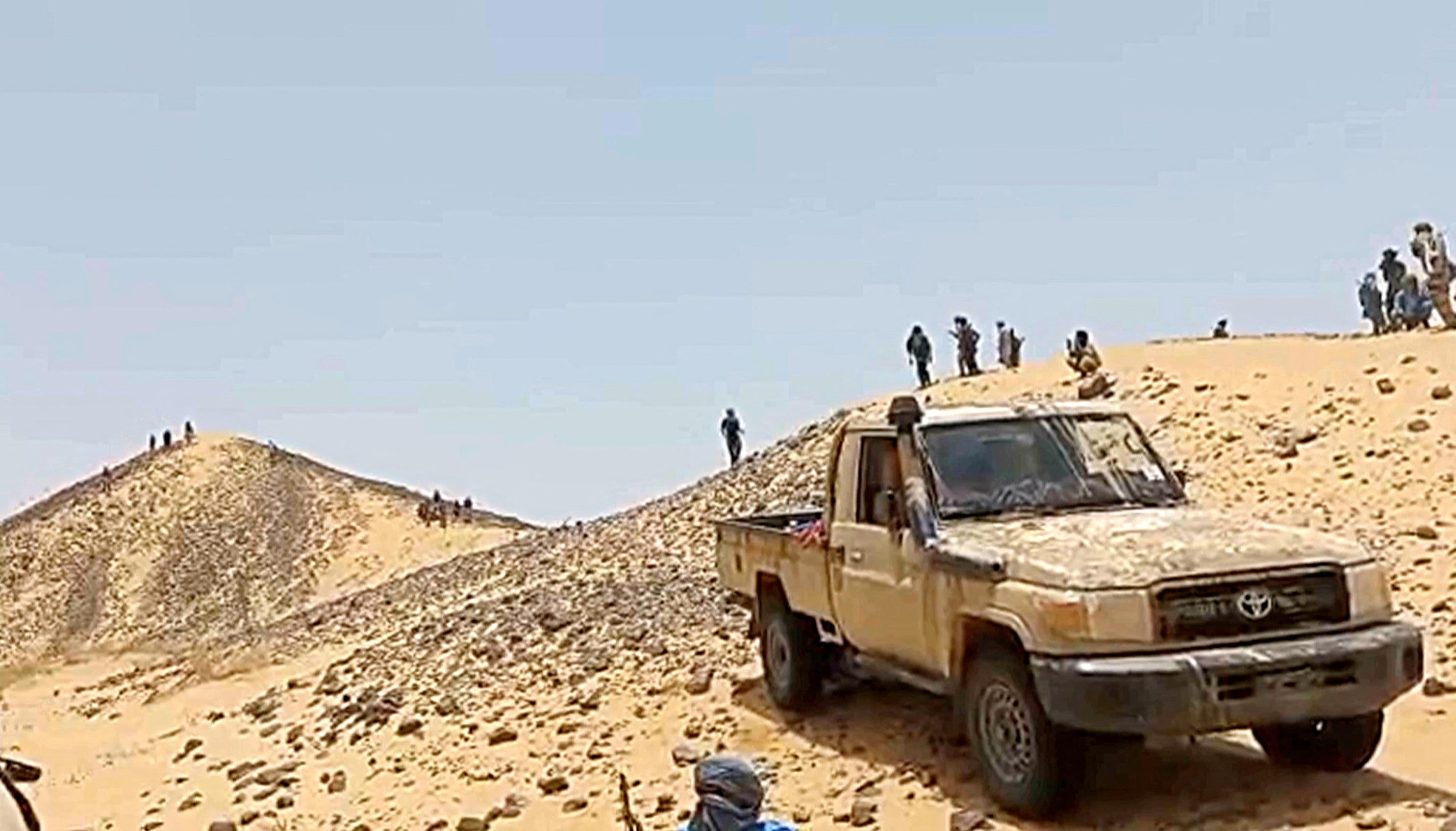Among the Wagner mercenaries presumed dead after a deadly clash with Tuareg rebels during a sandstorm in Mali in July were Russian war veterans who had previously survived deployments in Ukraine, Libya, and Syria, according to interviews with their relatives and an analysis of social media data.
The loss of these seasoned fighters highlights the significant risks facing Russian mercenary forces operating under military juntas in the Sahel region. These governments are grappling with separatist movements and potent offshoots of Islamic State and Al Qaeda in countries such as Mali, Burkina Faso, and Niger.
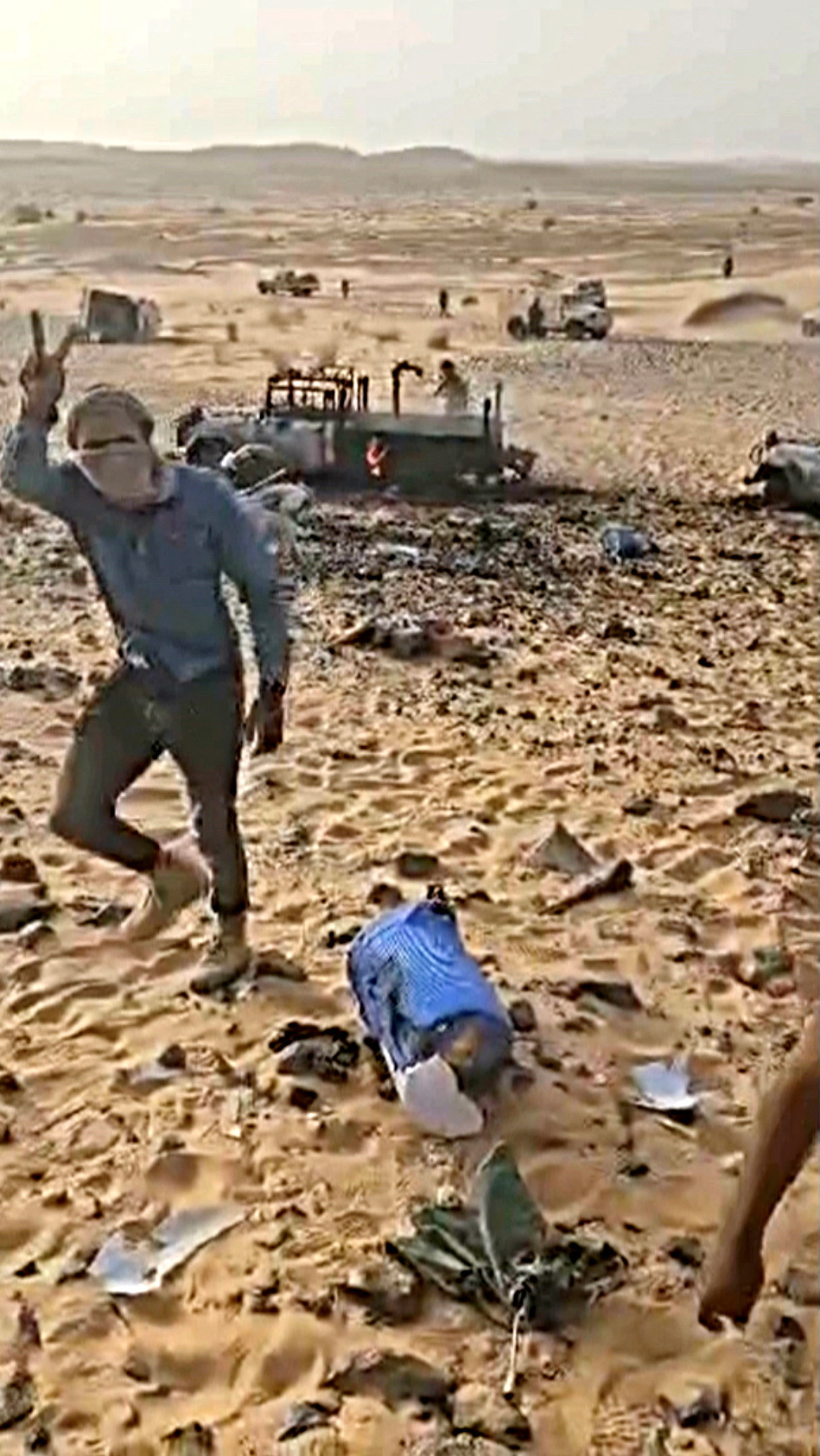
The defeat in Mali raises questions about whether Moscow, which has acknowledged funding Wagner and has integrated many of its fighters into a defense ministry force, will perform better than the Western and U.N. troops recently expelled by the region’s military juntas, according to six officials and experts familiar with the area.
By cross-referencing public records with online posts from relatives and fighters, speaking to seven family members, and using facial recognition software to analyze battlefield footage verified by Reuters, the news agency identified 23 fighters missing in action and two others taken captive by Tuareg forces after the ambush near Tinzaouaten, a town on the Algerian border.
Several of the missing had survived the brutal siege of Bakhmut in Ukraine, which Wagner’s late founder, Yevgeny Prigozhin, infamously described as a “meat grinder.” Others had seen combat in Libya, Syria, and other conflict zones. Some were former Russian soldiers, with at least one having retired after a full military career.
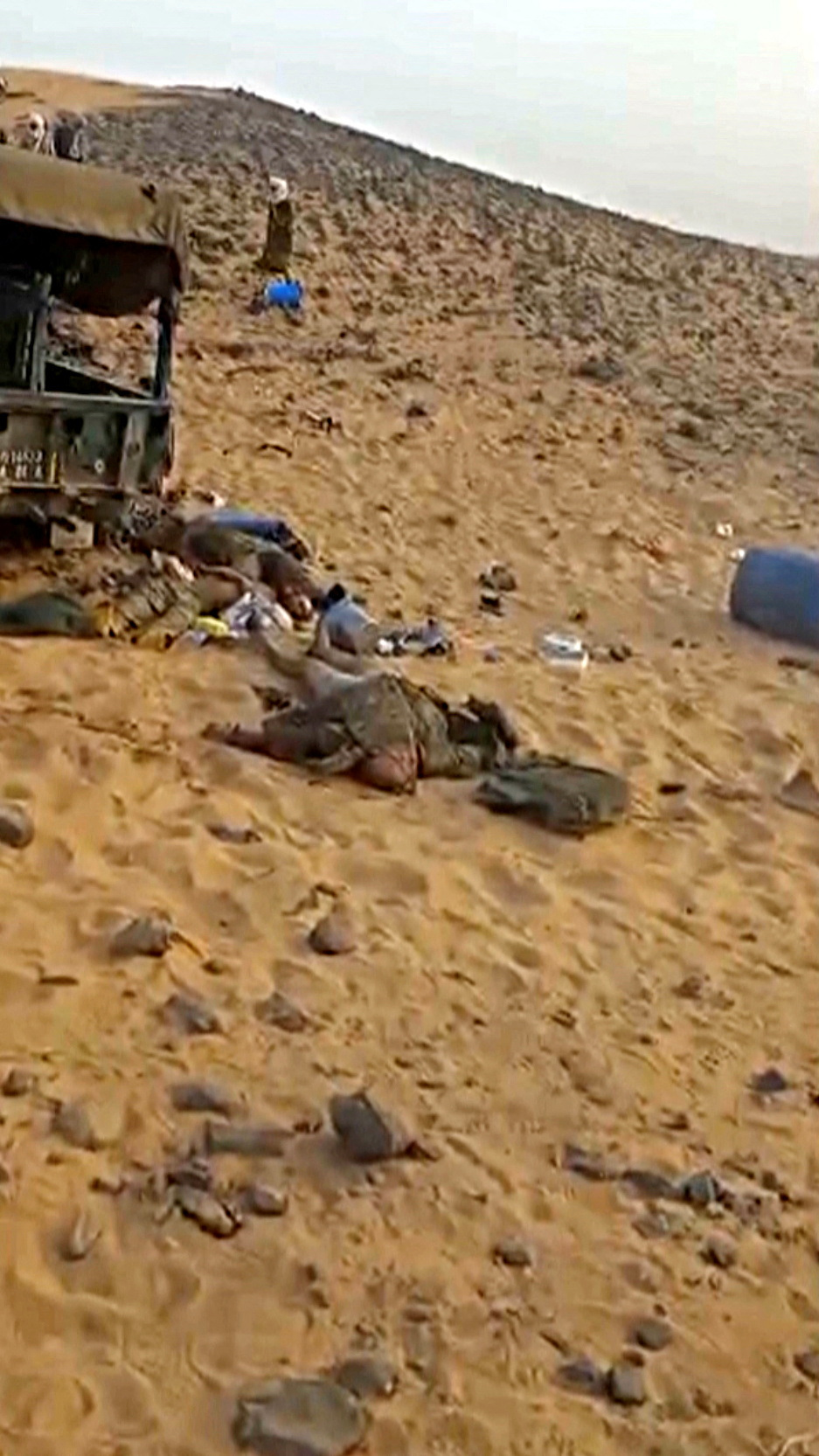
Grisly footage of deceased fighters has circulated online, and several relatives told Reuters that the bodies of their husbands and sons had been left abandoned in the desert.
Margarita Goncharova shared that her son, Vadim Evsiukov, 31, had been recruited from prison, where he was serving a drug-related sentence in 2022. He rose through the ranks in Ukraine, eventually commanding a platoon of 500 men, she said. After returning home, he worked as a tailor but struggled with survivor’s guilt, secretly traveling to Africa in April to reunite with his former commander, according to Goncharova.
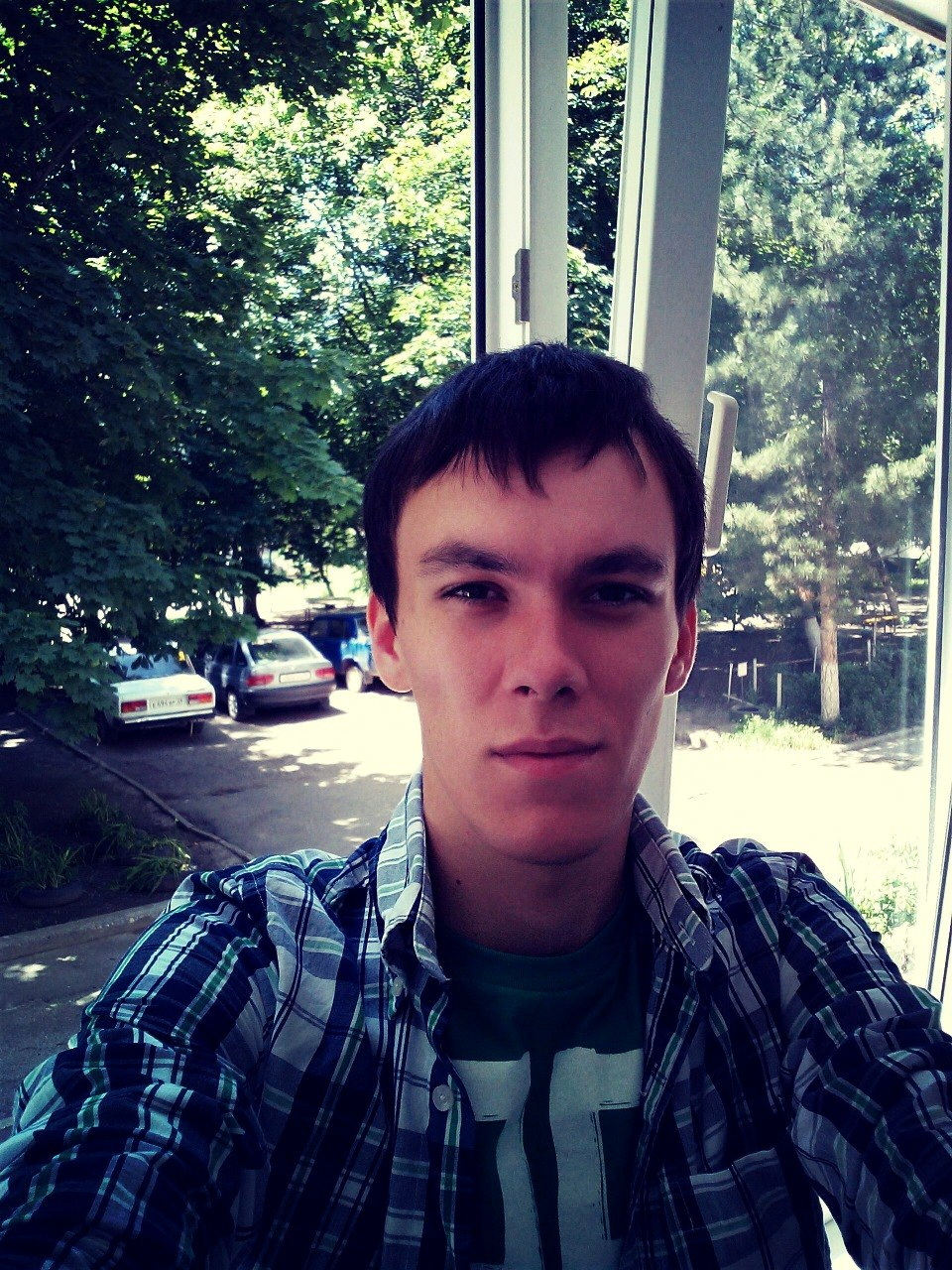
“He wanted to go to Africa many times, and I tried to discourage him as much as I could,” Goncharova told Reuters. “I said to him, ‘Fate has given you a once-in-a-million chance. You can start over—you’ve won such a crazy lottery.'”
The Russian Ministry of Defence, Ministry of Foreign Affairs, and Wagner did not respond to requests for comment on this story.
Following the death of Wagner founder Yevgeny Prigozhin in August last year, Wagner personnel were invited to join a newly formed unit under the defense ministry called the Africa Corps. According to the Africa Corps’ Telegram channel, the group fights “for justice and the interests of Russia.” About half of its members are former Wagner employees, and they are permitted to use Wagner insignia. Despite the reorganization, Wagner’s social media channels remain active.
The Russian government has not publicly commented on the battle near Tinzaouaten.
Meanwhile, Mali’s military-led government downplayed the impact of the defeat, stating that it did not affect their objectives. “The Malian Armed Forces are committed to restoring state authority throughout the country,” said army spokesman Colonel Major Souleymane Dembele in a statement to Reuters.
Wagner has acknowledged significant losses in the ambush but did not provide an exact number. The Malian army, which fought alongside the Russians, also withheld a casualty count. Tuareg rebels, fighting for an independent homeland, claimed to have killed 84 Russian fighters and 47 Malian soldiers in the attack.
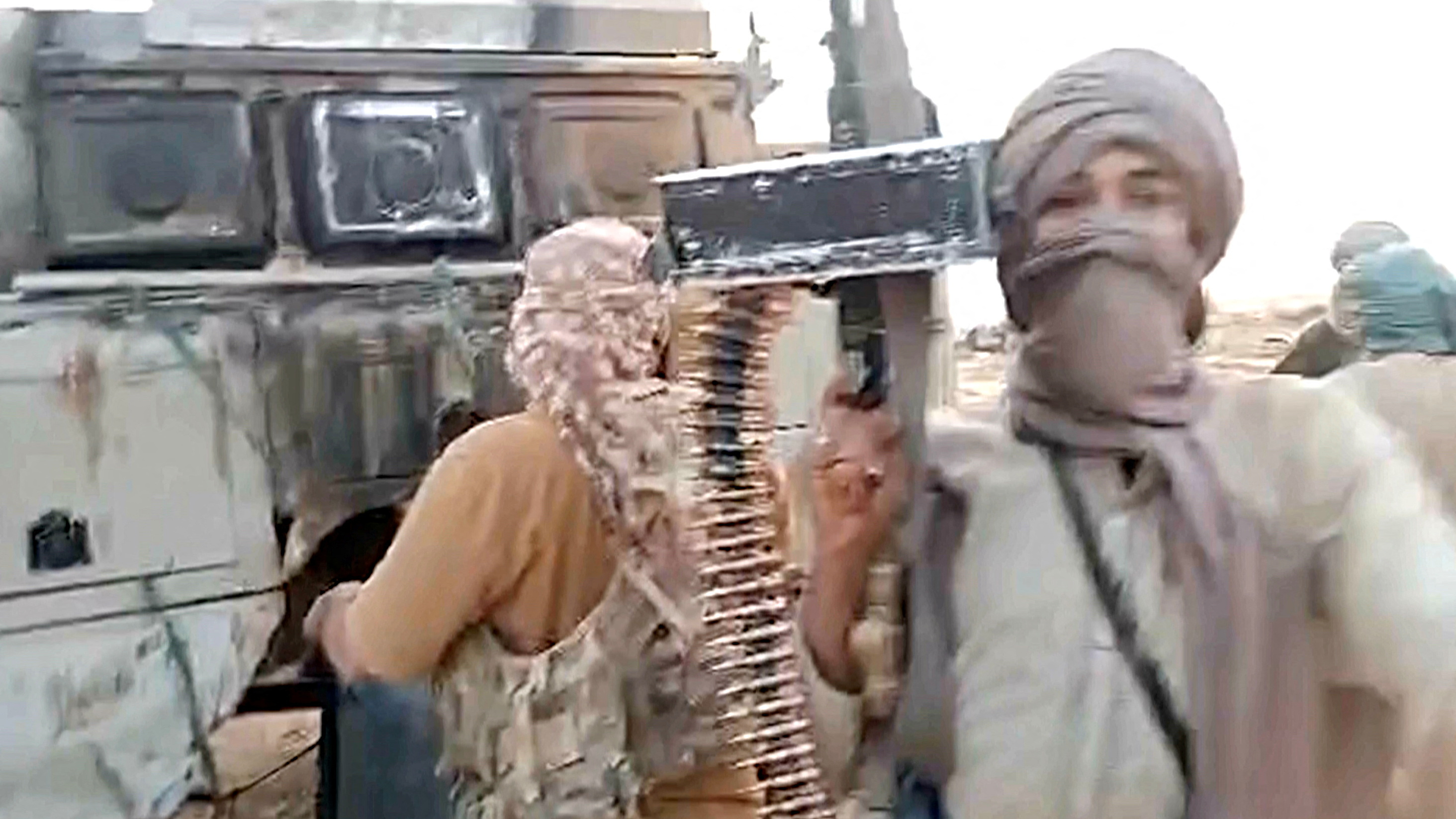
Reuters could not independently confirm the exact number of casualties from the battle. However, one video, among more than 20 sent by a Tuareg rebel spokesman, showed at least 47 bodies, mostly white men in military-style uniforms, lying in the desert. Reuters was able to verify the location and date of the footage.
Mikhail Zvinchuk, a well-known blogger with ties to the Russian defense ministry, commented on the social media platform RuTube in August, stating that the defeat illustrated how Wagner fighters arriving from Ukraine had underestimated both the Tuareg rebels and Al Qaeda militants in the region.
MISSING IN ACTION
Wagner-linked Telegram accounts identified two of the dead as Nikita Fedyakin, administrator of the popular Wagner-focused Telegram channel “The Grey Zone,” which has over half a million subscribers, and Sergei Shevchenko, described by the accounts as a unit commander. Reuters was unable to independently verify Shevchenko’s identity.
Through a separate investigation, Reuters identified 23 Wagner operatives missing in Mali by cross-referencing names posted by relatives in an official Wagner Telegram chat group with social media accounts, public records, and facial recognition software. According to the relatives, they all received calls from Wagner recruiters on August 6, informing them that their loved ones were missing in action.
